Genomics and Precision Health Blog – Archive Posts
A Road Map for Evaluation and Appropriate Implementation of Genome Sequencing to Improve Population Health
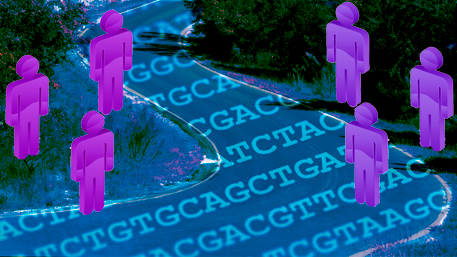
This blog is a summary of our recently published paper in PLOS Medicine, and is an update of my 2011 blog on “binning” the human genome. A common vision for genomic medicine is that genome sequencing will be routinely used in health systems to provide health care and preventive services tailored to each individual. For Read More >
Posted on byTracking Progress in Public Health Genomics at CDC: A New CDC-Authored Genomics Publication Database
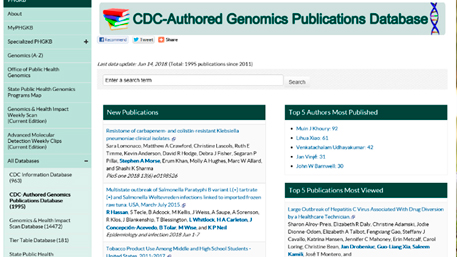
Are you curious about the progress CDC is making in genomic research? With the ever-increasing amount of scientific literature on genomics in public health—from infectious diseases to chronic diseases and environmental health—a new database offers timely updates on genomic research by CDC staff. The CDC’s Office of Public Health Genomics, has launched a new CDC-Authored Read More >
Posted on byUsing Genetic Risk Scores in Cancer Screening: Are We There Yet?

Precision screening seeks to measure benefits and risks of screening more accurately by accounting for individual-level differences, such as those in genetics, environment, and lifestyle factors. Accounting for individual differences may allow risk stratification to identify persons whose cancer risk is high enough that the benefits of screening would outweigh potential harms or whose cancer Read More >
Posted on byCan Genetic Risk Scores Score a Win for Precision Prevention? Time and Rigorous Studies Will Tell

In May 2018, CDC’s Office of Public Health Genomics, the National Cancer Institute’s Division of Cancer Control and Population Sciences, and the National Heart, Lung, and Blood Institute’s Center for Translation Research and Implementation Science held a special webinar titled: “Using Genetic Risk Scores in the Prevention and Control of Common Diseases: Opportunities and Challenges.” Read More >
Posted on byConsumer Genetic Testing Is Booming: But What are the Benefits and Harms to Individuals and Populations?

Initially a Niche Market for Very Few with Small Population Impact The first genetic tests directly available to consumers for health were offered in 1996. The concept, then, was both audacious and bold: the idea that individuals could explore their own human genome without the aid of a health care provider to order the test Read More >
Posted on by 3 CommentsStimulating Implementation Science in Genomics and Precision Medicine for Heart, Lung, Blood and Sleep Diseases: The Case of Familial Hypercholesterolemia

Implementation science is an emerging field of scientific inquiry that has been increasingly applied to genomics and precision medicine. In our recent papers on the state of scientific publications and NIH funding, we have identified areas of growth and limitations of the field and called for more training and workforce development for implementation science in Read More >
Posted on byPrecision Public Health: What Is It?
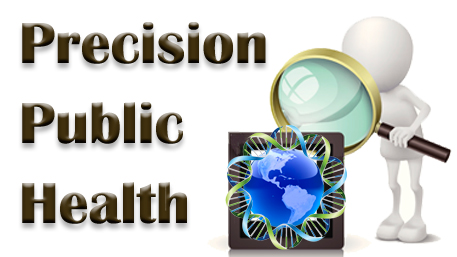
In the past two years the term “precision public health” has been increasingly used in the scientific literature and at professional meetings. A quick PubMed search of the term shows 28 papers (as of April 30, 2018) dating back to our 2016 paper, “Precision Public Health for the Era of Precision Medicine.” The papers cover Read More >
Posted on by 1 CommentUniversal Screening for Lynch Syndrome: Can Tumor Sequencing Have a Larger Public Health Impact on Treatment and Prevention of Colorectal Cancer?
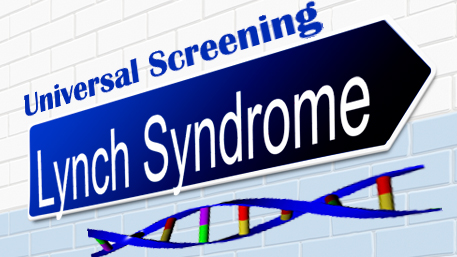
Lynch syndrome (LS) is the most common hereditary syndrome associated with increased risk of colorectal cancer (CRC), accounting for about 3% of CRC patients. LS is a dominantly inherited condition with mutations in several mismatch repair (MMR) genes. Persons with LS are also at increased risk for endometrial and other cancers. Lynch syndrome affects 1 Read More >
Posted on byEvaluating the Impact of Precision Medicine: How Ivacaftor Reduces Hospitalizations of Patients with Cystic Fibrosis

Precision medicine takes into account individual factors in treating disease, targeting interventions to patients that can benefit the most. Population-based studies evaluating precision medicine approaches are important to determine whether the field can fulfill its promise for improved health outcomes. A prime example of precision medicine is ivacaftor, a small molecule drug originally developed to Read More >
Posted on byPrecision Medicine in Action: How well does cascade screening for hereditary conditions work in the real world?
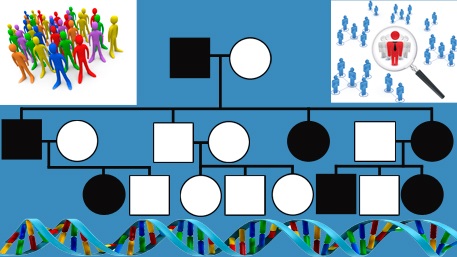
An important component of precision medicine is the identification, through genetic testing, of people who are at elevated risk of disease because of pathogenic germline mutations. Cascade screening involves contacting relatives of patients with certain hereditary conditions to help inform, manage, and identify those who may be at increased risk. A systematic scoping review on Read More >
Posted on by

